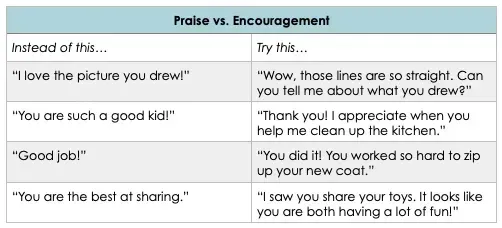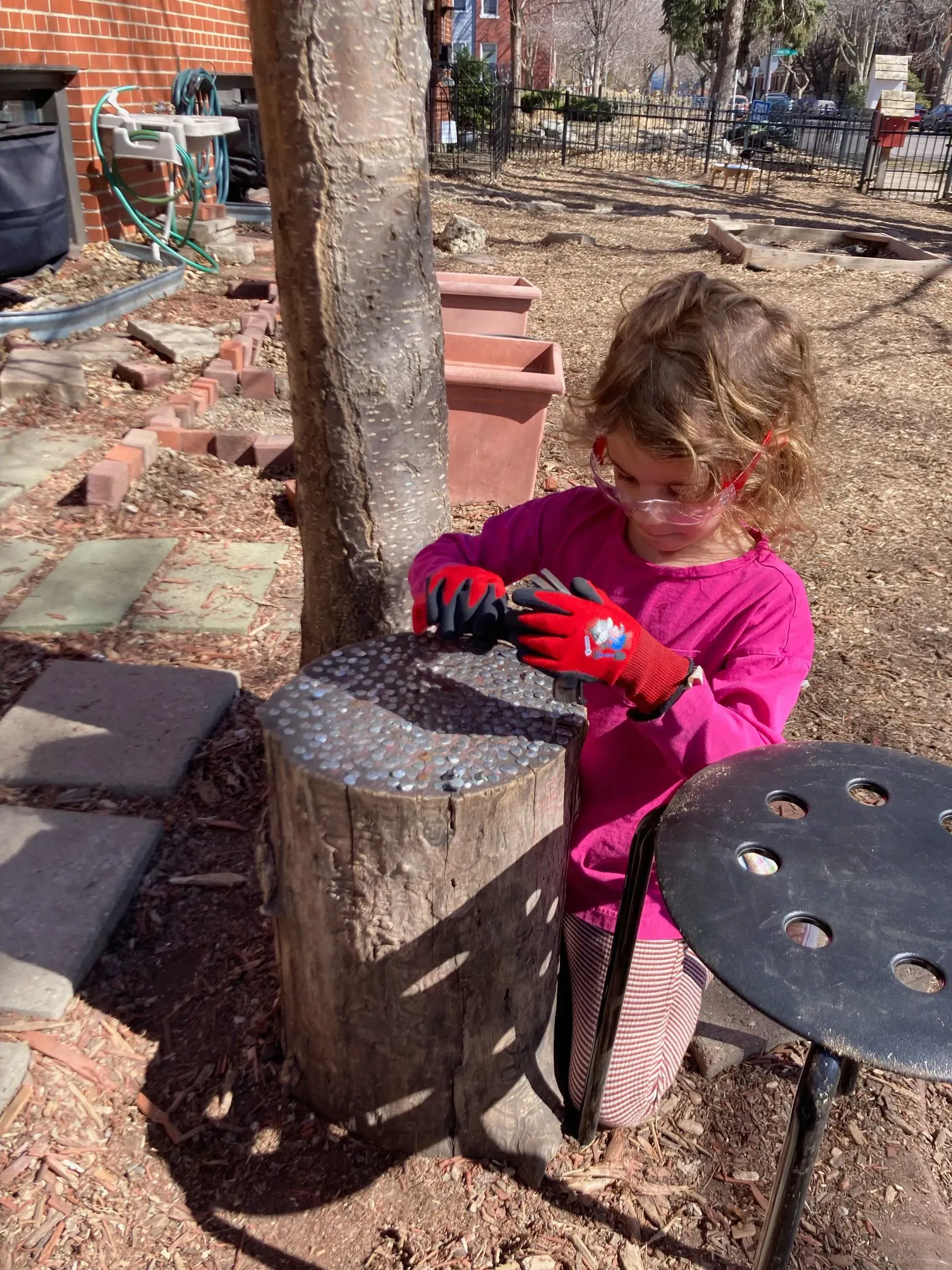
This was recently said by a 2-year-old in the Toddler Community, which reminded me that it is never too young to start teaching children to protect themselves. The majority of the time when someone asks a child to keep a secret it is something playful, such as Grandma sneaking them an extra treat and saying “don’t tell mommy, it’ll be our little secret.” Or a family friend saying “hey, let me tell you a secret,” then whispering gibberish in their ear to make them laugh.
Events like this may seem small and harmless in the moment, but they teach children that secrets are silly, safe, and appropriate. Children may not be capable of discerning between the two, and at a young age they have not yet developed the maturity to do so. This may lead to children believing that it is okay to hide things from you. The message we want to reinforce is that secrets are not okay and safe adults don’t ask children to keep secrets.
Now there may be a time when you need your child not to spoil something—instead of asking them to keep a secret, you can try calling it a surprise. There is an important difference between “Don’t tell mom and dad” and surprises. Surprises are things that will be revealed. Secrets are those that will not. “This is a surprise but we will tell mommy later.”
Teach your children that if any adult ever urges them to keep a secret, they should always tell you. Let them know that they would never get in trouble for telling the truth, they will not be judged, this information will not be unnecessarily shared with others, and that telling you will not lead to the harm of you or your family. It is also important to remember that this rule should also apply to other children. Regardless of the person asking, children should know “we don't keep secrets.”
Linked here is an article from the Child Mind Institute listing easy ways to teach young children to speak up about abuse, one of the dangers of keeping secrets.
Breanna




